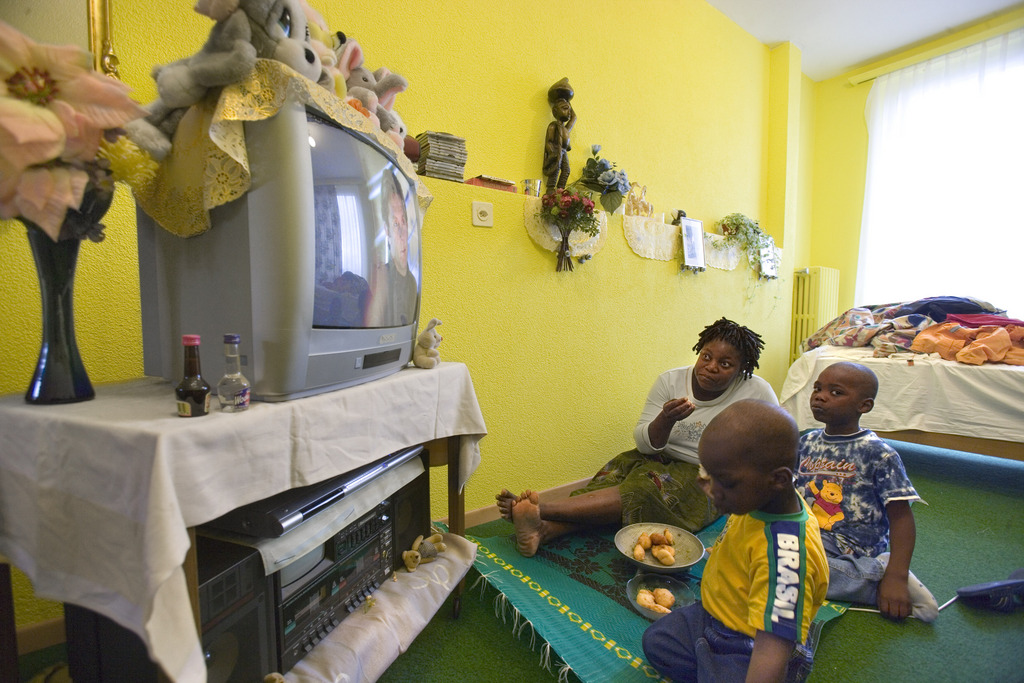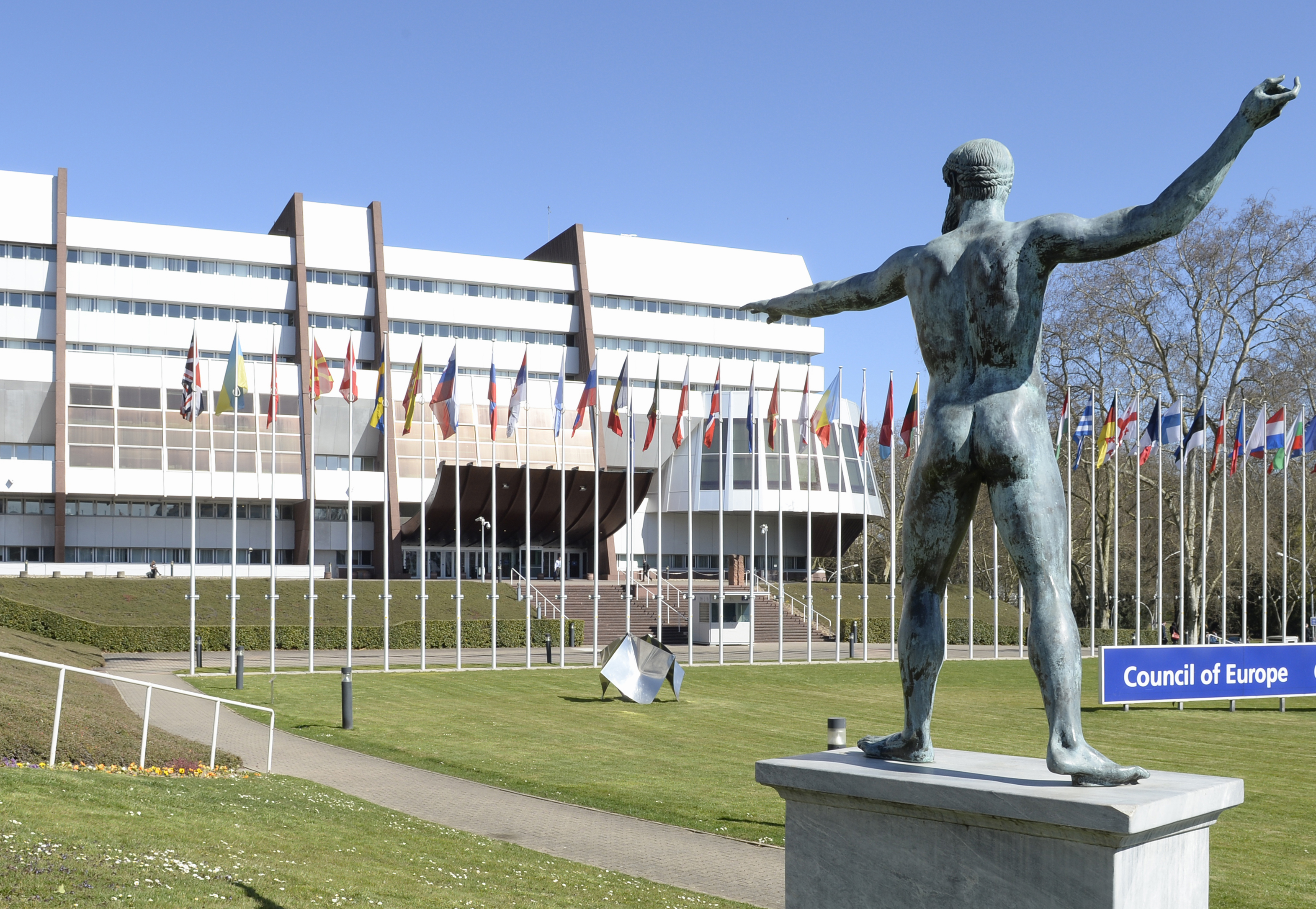How to reconcile direct democracy and international law

The question of primacy between national and international law has been simmering for years in Switzerland. Here we give a run-down of some other options that could settle the wrangling over legal hierarchy.
In recent years, several contentious popular initiatives in Switzerland – banning the building of Islamic minarets, for example, or expelling foreigners convicted of serious crimes – have raised the tricky question of how to reconcile domestic and international law.
The issue is an emotive and fundamental one, touching on key ingredients of Swiss identity – direct democracy, strong sovereignty and a certain standoffishness from internationalist trends (Switzerland only joined the United Nations in 2002).
On a purely judicial level, if the question itself is simple, there is no easy answer. At a recent panel event in Geneva, journalist and lawyer Denis Masmejan outlined for swissinfo.ch six of the most commonly cited paths out of the paradox.
1. “Here, it’s us who decide”
This is the option proposed by the people’s initiative “Swiss law instead of foreign judgesExternal link”, backed by the rightwing Swiss People’s Party. The initiative, which will likely come to a national vote later in 2018, wants to hoist the status of Swiss law above that of international treaties and bodies such as the European Court of Human Rights in Strasbourg, which can currently make pronouncements criticising and overturning decisions made in the Swiss courts. The government is hard-set against the idea; the people will ultimately decide.
2. Constitutional invalidation
This option, says Masmejan, would insert a clause into the Swiss constitution to automatically trigger the invalidation of popular initiatives that run counter to international treaties or agreements. Under this option, votes such as the minaret ban or the ban on paedophiles working with children – both of which violate international rights – would be overturned. According to Masmejan, however, zero political will exists for such a solution.

More
An attack on human rights or strengthening democracy?
3. Parliamentary invalidation
Rather than inserting a clause in the constitution, this option would allow parliament to “interpret” popular initiatives before determining if they violate international agreements. They would then decide whether to shelve them or to let them through. Currently, Swiss lawmakers do vote on popular initiatives, but they can neither veto nor push them through; their voice counts more as a non-binding recommendation. Politically, Masmejan says this option is also unlikely.
4. Pre-signature vetting
Before campaigners begin collecting signatures, popular initiatives are examined for coherence by officials in Bern. But the current system is “purely formal”, Masmejan says. The “preliminary check” that this option would introduce would involve legally vetting initiatives before they even start collecting signatures; if the proposal is not compatible with existing legal obligations, it would not be let off the ground in the first place. Again, however, political will is not forthcoming, he says.
5. Double-stamp by the people
This option, dreamed up by the Avenir Suisse think-tank, is more politically feasible – especially because it leaves more power in people’s hands. According to this idea, when a people’s initiative overrides international law, a second vote would be obligatory to confirm the decision. Let’s say a controversial initiative is accepted by the people: the government must then draft a text that either bypasses international law, or else (to avoid this) backtracks or waters down the people’s decision. This government application law would be put before voters for final approval.
6. Two birds, one stone
This final option, proposed by another think-tank, foraus, is similar to number five, but combines both votes into one. It would introduce a “regulatory principle” that the government would use to interpret an initiative, stating that international law takes precedence unless the text of the initiative explicitly mentions overriding a specific international treaty. This way, while voting on the issue, Swiss citizens would also consciously vote on whether to breach international obligations. This is Masmejan’s preferred option.

In compliance with the JTI standards
More: SWI swissinfo.ch certified by the Journalism Trust Initiative





You can find an overview of ongoing debates with our journalists here. Please join us!
If you want to start a conversation about a topic raised in this article or want to report factual errors, email us at english@swissinfo.ch.